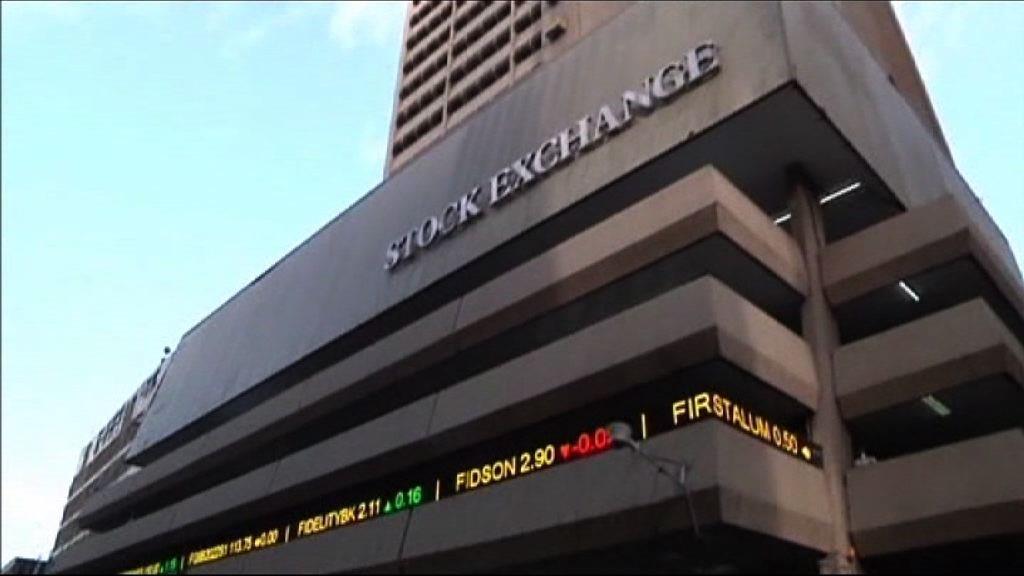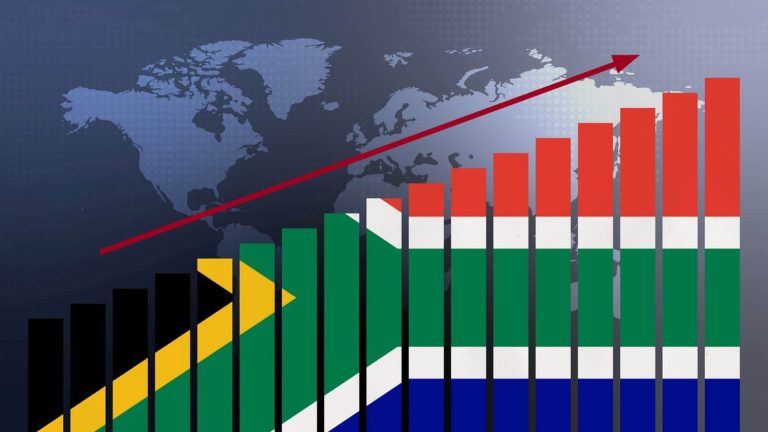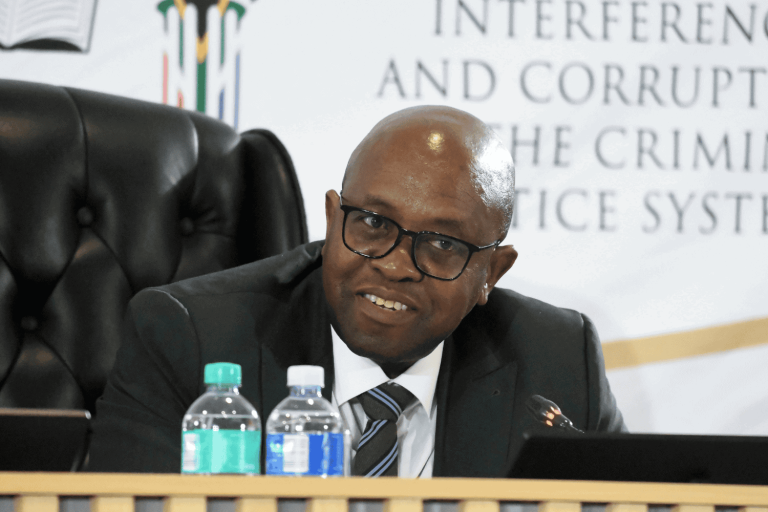
The Nigerian stock market lost N246 billion on Monday as investors traded cautiously following US President Donald Trump’s designation of Nigeria as a “Country of Particular Concern” over alleged widespread killings of Christians, rising religious intolerance, and his further threat of military action if the government fails to curb the violence.
Following the development, financial analysts have called for calm, stressing that the fundamentals of the Nigerian economy remain strong.
At the stock market, investors’ profit-taking in fundamental stocks dragged the market capitalisation to N97.583 trillion at the close of trading activities, a 0.25per cent or N246 billion decline from N97.829 trillion the stock market opened for trading this week.
Consequently, the Nigerian Exchange Limited All-Share Index (NGX ASI) closed for trading at 153,739.11basis points, a 0.25per cent or 387.35 basis points decline from the 154,126.46 basis points the stock market closed for trading last week.
Capital market analysts attributed the downward movement in the Nigerian stock market to speculative trading by investors.
In a post on Truth Social, Trump had said he had instructed the Pentagon to “prepare for possible action” and warned of an immediate suspension of United States aids to Nigeria, Africa’s most populous nation and an OPEC member.
In his reaction, President Bola Tinubu had rejected Trump’s comments, calling them a misrepresentation of Nigeria’s “consistent and sincere efforts to safeguard freedom of religion and belief for all Nigerians.”
To the Managing Director, Globalview Capital Limited, Mr. Aruna Kebira, who spoke in a chat with THISDAY, investors’ profit-taking in Aradel Holdings Plc, among others impacted on the stock market performance.
“If the stock market maintains its downward trend throughout this week, it can easily be linked to threats by President Donald Trump.
“The stock market is meant to react to market forces as witnessed in investors’ profit-taking in Aradel Holdings and 38 others.
“We cannot conclude that investors reacted to President Donald Trump’s threats. Possibly it is going to happen is uncertain,” Kebira added.
Speaking also, the Vice President, Highcap Securities Limited, Mr. David Adnori, stated that investors on the NGX traded with caution, stressing that the Nigerian market, currently dominated by local investors, could withstand external shocks.
A Bloomberg report on Monday indicated that Nigeria’s dollar bonds suffered losses following remarks by Trump.
It had revealed that, “Nigerian dollar bonds fell across the maturity curve, comprising all 10 of the worst performers in emerging markets worldwide as of 9:50 a.m. in Lagos. The notes maturing in 2047 were down most, falling 0.6 cents on the dollar to 88.26 cents.”
However, traders and analysts who spoke to THISDAY said the initial market reaction was largely emotional and short-lived, stressing that the underlying fundamentals of Nigeria’s economy remain intact.
A fixed-income trader who preferred not to be named explained that the selloffs, though noticeable, presented an opportunity for bargain hunters.
“Yes, there were selloffs, but they created good entry points for investors who understand the market. The initial panic was more of a knee-jerk reaction than a reflection of Nigeria’s true risk profile,” the trader said.
Echoing this view, Head of Consulting at Agusto Consulting, Jimi Ogbobine, said markets are naturally jittery over geopolitical statements of this nature but added that such tensions are typically resolved diplomatically.
“President Trump’s comments, focusing on Nigeria’s security crisis and leaving room for speculation around military intervention, are certainly unsettling to markets.
“However, we believe this will be settled diplomatically. Nigeria and the U.S. have long-standing trade and security relations that are too strategic to be derailed by rhetoric,” Ogbobine noted.
He further observed that Nigeria’s government and private sector have historically maintained strong ties with the United States, particularly in oil, gas, and investment sectors.
“America remains one of the leading players in Nigeria’s oil and gas industry, and both countries share significant economic interests. These will continue to guide engagement on both sides,” he added.
In a similar vein, the Chief Executive of the Centre for the Promotion of Private Enterprise (CPPE), Dr. Muda Yusuf, urged the federal government to respond through strategic diplomacy rather than public confrontation.
“Nigeria must adopt a strategic and proactive diplomatic response. This should include immediate high-level bilateral discussions with the U.S. government to clarify facts and de-escalate rhetoric.”
He urged that Nigeria deepen collaboration with Washington and regional partners on intelligence, counterterrorism, and peacebuilding, while strengthening domestic policy fundamentals to reinforce resilience against external shocks.
“While Nigeria must continue to strengthen internal security architecture and governance, any external engagement should be cooperative, not coercive,” Yusuf emphasised.
“Unilateral military action would destabilise Nigeria’s economy, threaten regional stability, and aggravate humanitarian conditions. The way to go is dialogue, not threats. We must project calm, reinforce investor confidence, and protect Nigeria’s economic stability through proactive diplomacy.”
Ndubisi Francis, Nume Ekeghe and Kayode Tokede



